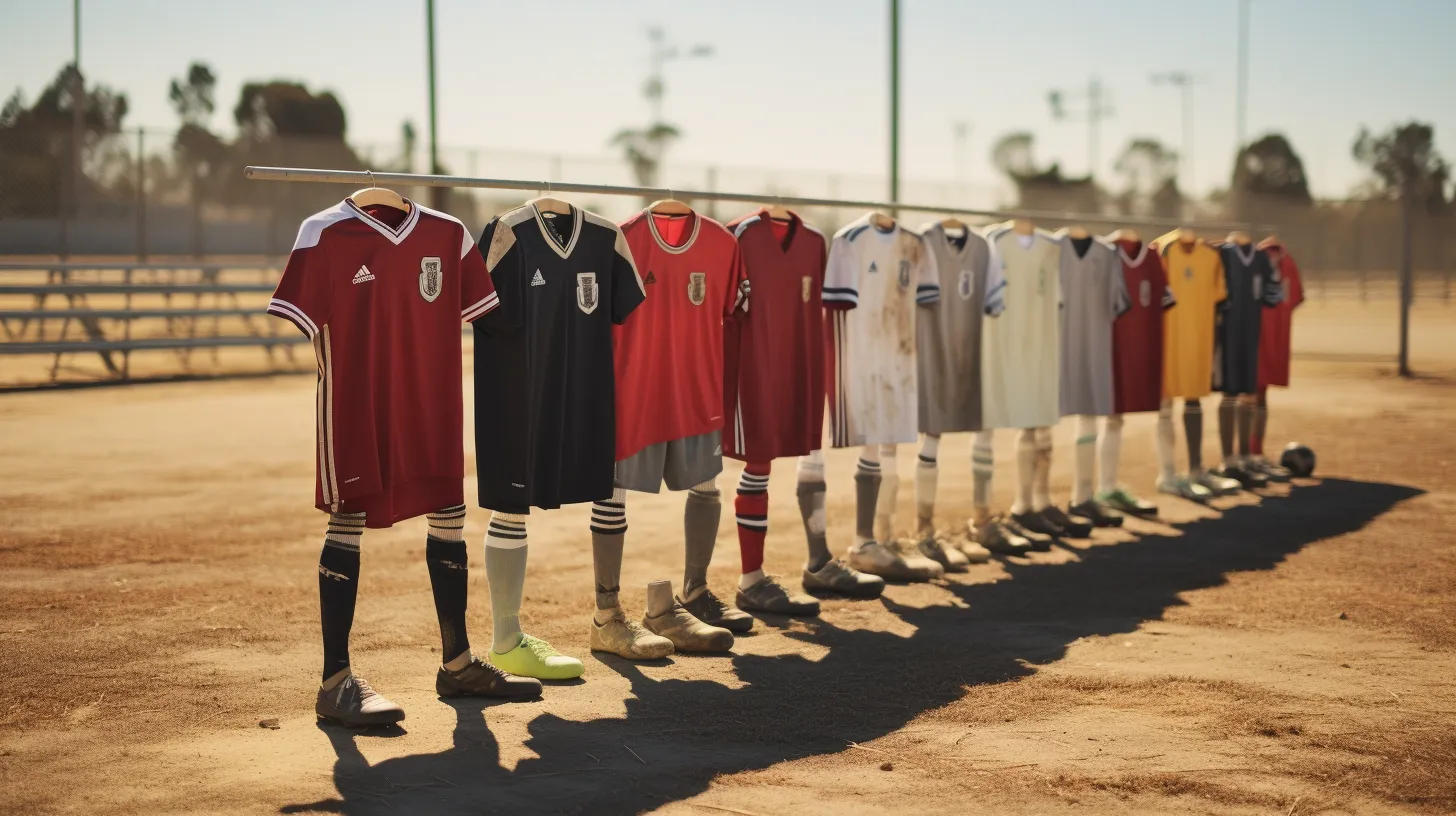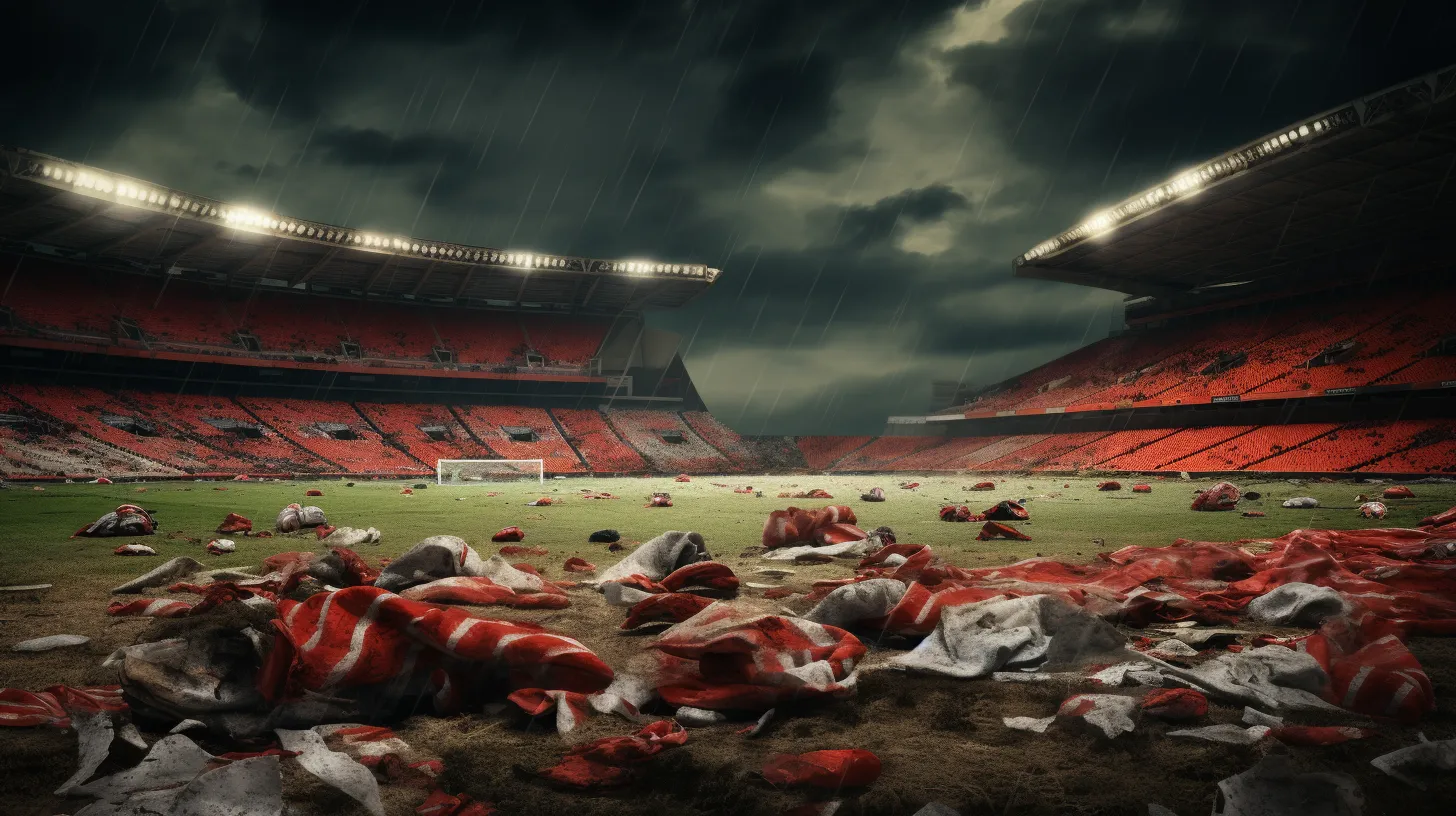
7 Worst Premier League Signings Since 2020
December 31, 2023"Discover the most regrettable Premier League transfers since 2020! Who flopped and cost their clubs dearly? Click to unveil the…
7 Former Superstars Who Now Play At A REALLY Low Level
December 31, 2023"Discover the shocking fall from grace of 7 ex-superstars who now play in obscurity. Their stories will leave you speechless.…
7 Huge Signings Who Made TERRIBLE Starts At Their New Clubs
December 31, 2023"Discover the shocking flops! Peek at 7 star signings who crashed on debut. Can they bounce back? Click to unveil…
The 7 Greatest Underdog Stories In Football History
December 31, 2023"Discover the most inspiring underdog triumphs in football! These 7 incredible stories will reignite your belief in the power of…



